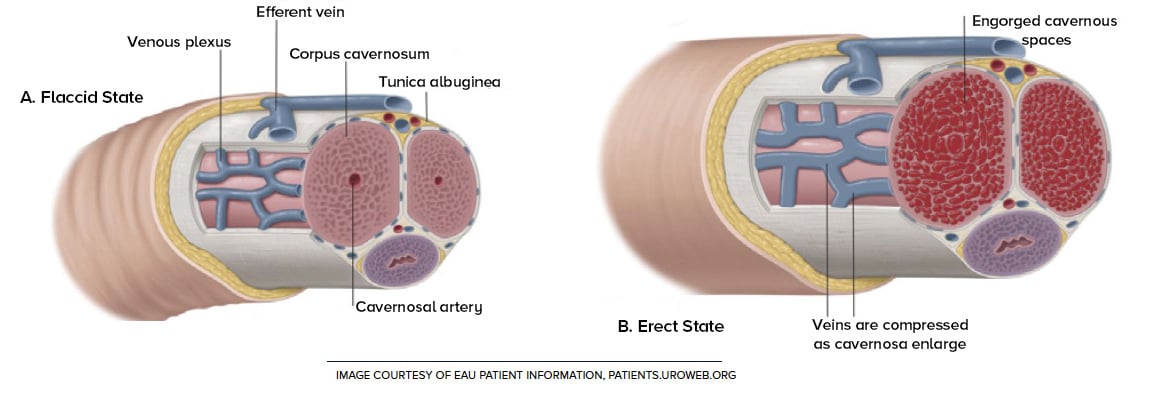Transgender Care in the ED

Transgender Care in the ED
March 15, 2019
In this episode, Dr. Isaac Agboola speaks with the authors of the EMRA Transgender Care Guide to provide residents with helpful advice on the approach to the care of transgender patients in the ED.
Host
Isaac Agboola, MD, MS
Yale New Haven Medical Center
PGY3
EMRA*Cast Episodes
Overview:
In this episode, Dr. Isaac Agboola speaks with the authors of the EMRA Transgender Care guide to provide residents with helpful advice on the approach to the care of transgender patients in the ED.
Key Resources
Key Points
- Best practice is to ask the patient upfront what pronouns they prefer and use those.
- It is important to ask patients what body modifications has the patient taken in order to feel more comfortable with their appearance. Be it surgical, non-surgical or hormonal because that may affect your differential and treatment algorithms.
- Transgender patients are at increased risk for intimate partner, substance abuse and sexually transmitted infections it is very important to take a thorough social history.
- Understand that this is an area where there hasn’t been much formal education as far as most medical schools and residencies are concerned; So be comfortable in your discomfort.
References / Resources
- Christie L. EMRA Transgender Care Guide. Emergency Medicine Residents’ Association; 2018
Related Content

Aug 25, 2017
Your Home
The Emergency Medicine Residents' Association EMRA is the voice of emergency medicine physicians-in-training and the future of our specialty and the largest and oldest independent resident organization in the world. EMRA was founded in 1974 and today has a membership over 18,000 residents, medical students, and alumni.






